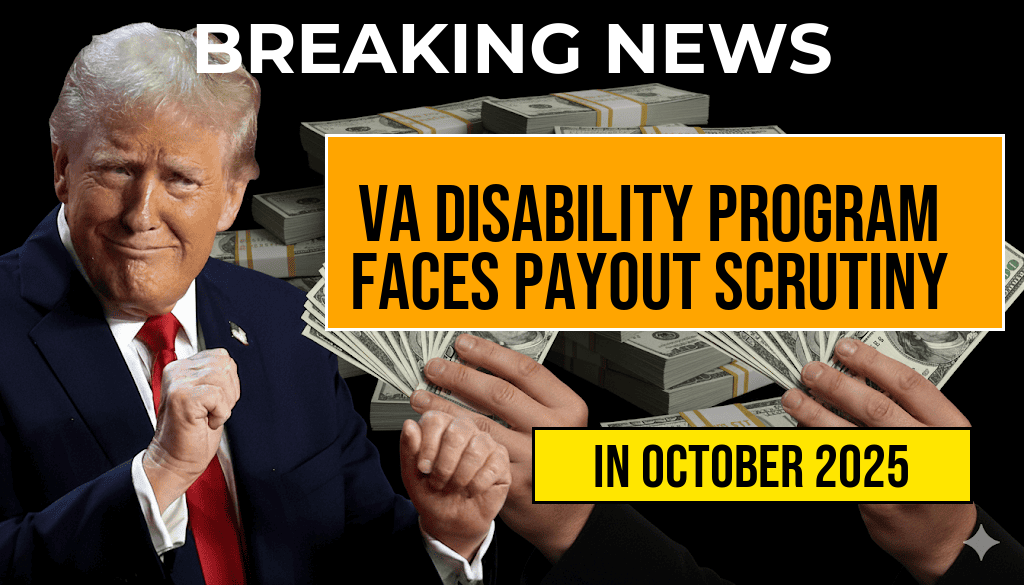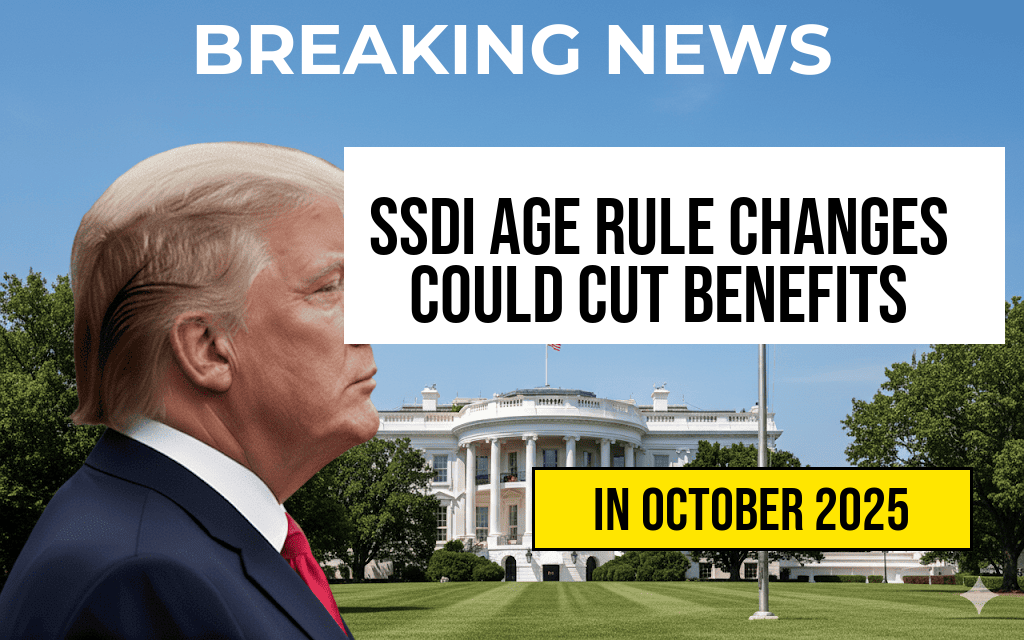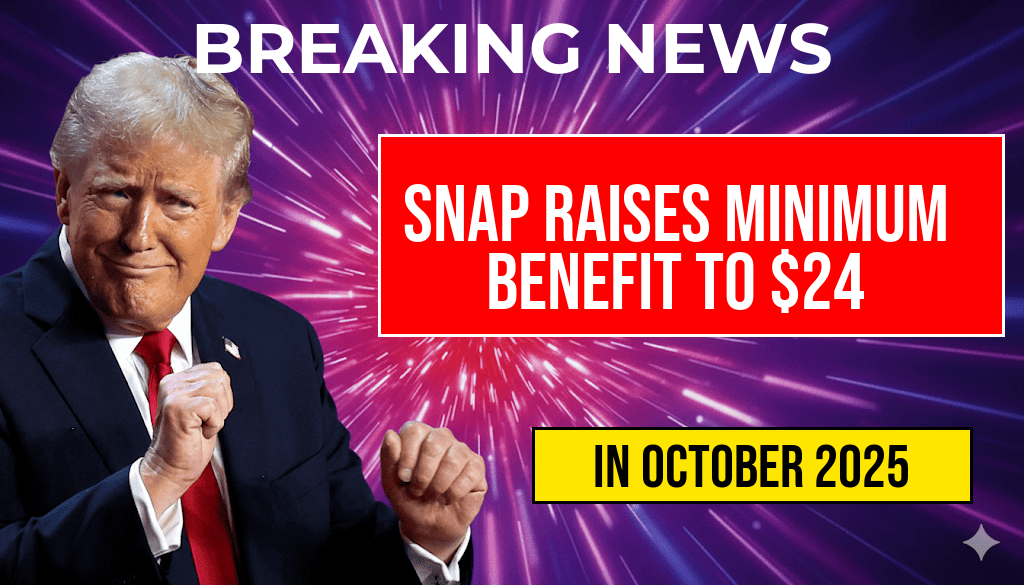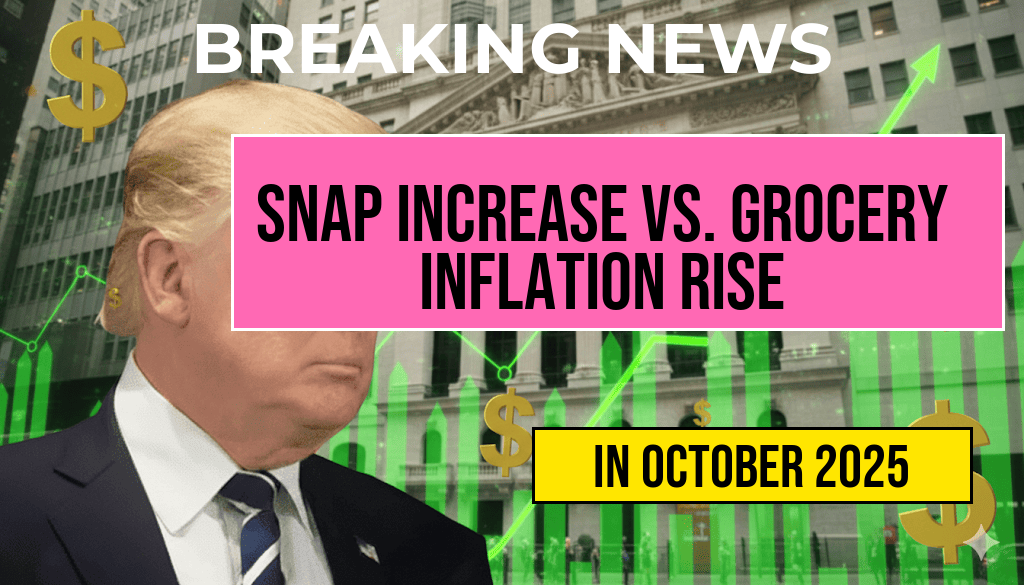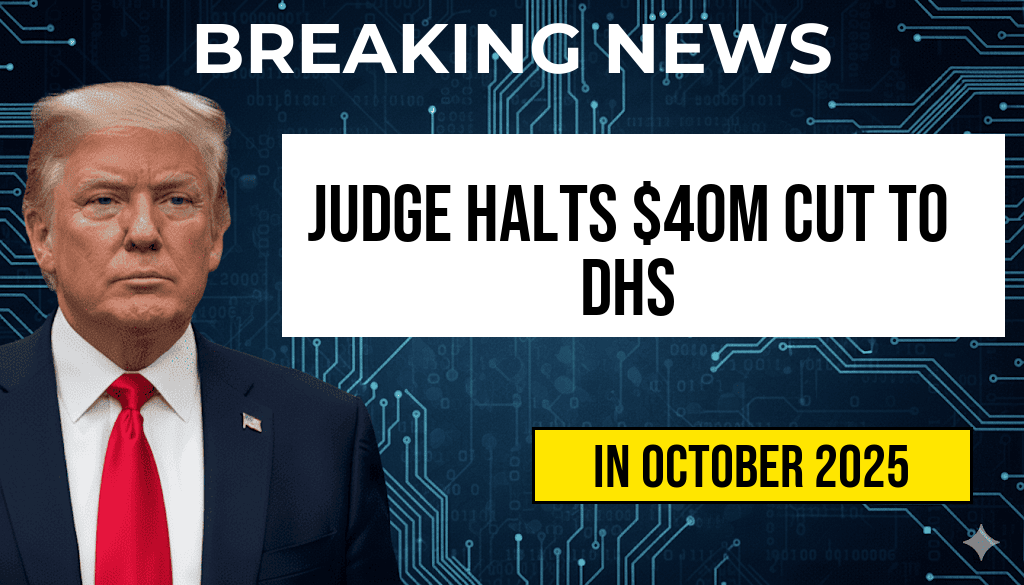The Department of Veterans Affairs (VA) Disability Program is facing increased scrutiny following revelations about its projected $193 billion in payouts for the upcoming fiscal year. Lawmakers and advocacy groups are raising concerns about the efficiency and integrity of the program, which provides financial support to millions of veterans suffering from service-related disabilities. The program’s rapid expansion, coupled with allegations of fraudulent claims and inadequate oversight, has fueled a debate over the sustainability of its funding and the effectiveness of its administration. As new reports emerge, stakeholders are calling for a comprehensive review of the program’s processes and policies to ensure that the funds are directed appropriately and that veterans receive the benefits they deserve.
Understanding the VA Disability Program
The VA Disability Program aims to assist veterans who have incurred disabilities as a result of their military service. Benefits can include monthly compensation, vocational rehabilitation, and education assistance. The program has expanded significantly over the past decade, reflecting an increased awareness of the mental and physical toll of military service.
Key Figures Behind the $193 Billion Payout
- Eligibility Criteria: Approximately 5 million veterans currently receive disability benefits, with many more eligible.
- Growth Rate: The program’s budget has nearly doubled since 2010, raising questions about its long-term viability.
- Fraudulent Claims: Recent investigations have uncovered instances of fraudulent claims, prompting calls for more rigorous verification processes.
Recent Developments and Investigations
In light of rising costs and questionable claims, Congress is now looking into the operational practices of the VA. A recent report from the Government Accountability Office (GAO) highlighted significant discrepancies in the claims approval process. According to their findings, approximately 20% of claims could be fraudulent or improperly filed, suggesting a need for enhanced oversight.
Legislative Responses
Lawmakers have proposed several bills aimed at reforming the VA Disability Program. These proposed changes include:
- Implementing stricter verification processes for claims.
- Increasing funding for fraud detection initiatives.
- Enhancing training programs for VA staff to better assess claims.
Supporters of the reforms argue that these measures are necessary to protect the integrity of the program and ensure that veterans with legitimate claims receive timely benefits. Opponents, however, caution that overly stringent measures could hinder access for deserving veterans.
The Impact on Veterans
For many veterans, the benefits received from the VA Disability Program are critical for their financial stability. A recent survey revealed that 70% of veterans rely on these benefits as their primary source of income. As scrutiny intensifies, the potential for delays or denials in benefits could exacerbate the already precarious situation for some veterans.
Community and Advocacy Group Reactions
Veteran advocacy groups have expressed concern over the potential impact of proposed reforms on those most in need. The VFW (Veterans of Foreign Wars) has called for balanced reforms that protect against fraud without sacrificing access for veterans. Similarly, Disabled American Veterans emphasized the importance of maintaining benefits while improving oversight.
Future Outlook for the VA Disability Program
The future of the VA Disability Program remains uncertain as discussions continue in Congress. As the fiscal year approaches, both advocates and critics of the program are awaiting the outcome of proposed legislative changes. The challenge will be to ensure that the program remains adequately funded while safeguarding against fraud and inefficiency.
Conclusion: Balancing Needs and Integrity
The ongoing scrutiny of the VA Disability Program highlights a critical juncture for veterans’ benefits in the United States. With the potential for significant reforms on the horizon, the balance between protecting taxpayer funds and ensuring that veterans receive the support they need will be pivotal. Stakeholders at all levels are encouraged to engage in constructive dialogue to shape the future of this essential program.
Frequently Asked Questions
What is the VA Disability Program?
The VA Disability Program is a federal initiative designed to provide financial and medical support to veterans who have experienced injuries or illnesses as a result of their military service. It aims to assist veterans in their transition to civilian life by offering disability compensation based on the severity of their conditions.
Why is the VA Disability Program under scrutiny?
The program is currently facing scrutiny due to concerns over a projected $193 billion in payouts, raising questions about its sustainability and the adequacy of its processes in determining eligibility and compensation amounts for veterans.
What are the implications of the $193 billion payout concern?
The $193 billion payout concern suggests potential mismanagement or inefficiencies within the VA Disability Program. This raises alarms about whether the program can continue to meet the needs of veterans without facing budget shortfalls or compromising the quality of care and support provided.
How does the VA determine disability compensation amounts?
The VA determines disability compensation amounts based on a veteran’s medical condition, the degree of impairment, and the impact on their ability to work. Evaluations often involve medical examinations, reviews of service records, and assessments of how the condition affects daily life.
What steps are being taken to address the concerns about the VA Disability Program?
In response to the scrutiny, there are ongoing discussions among lawmakers and VA officials about potential reforms to improve the program’s efficiency, transparency, and financial management. This may include revisiting eligibility criteria, streamlining the claims process, and ensuring more accurate assessments of veterans’ needs.

